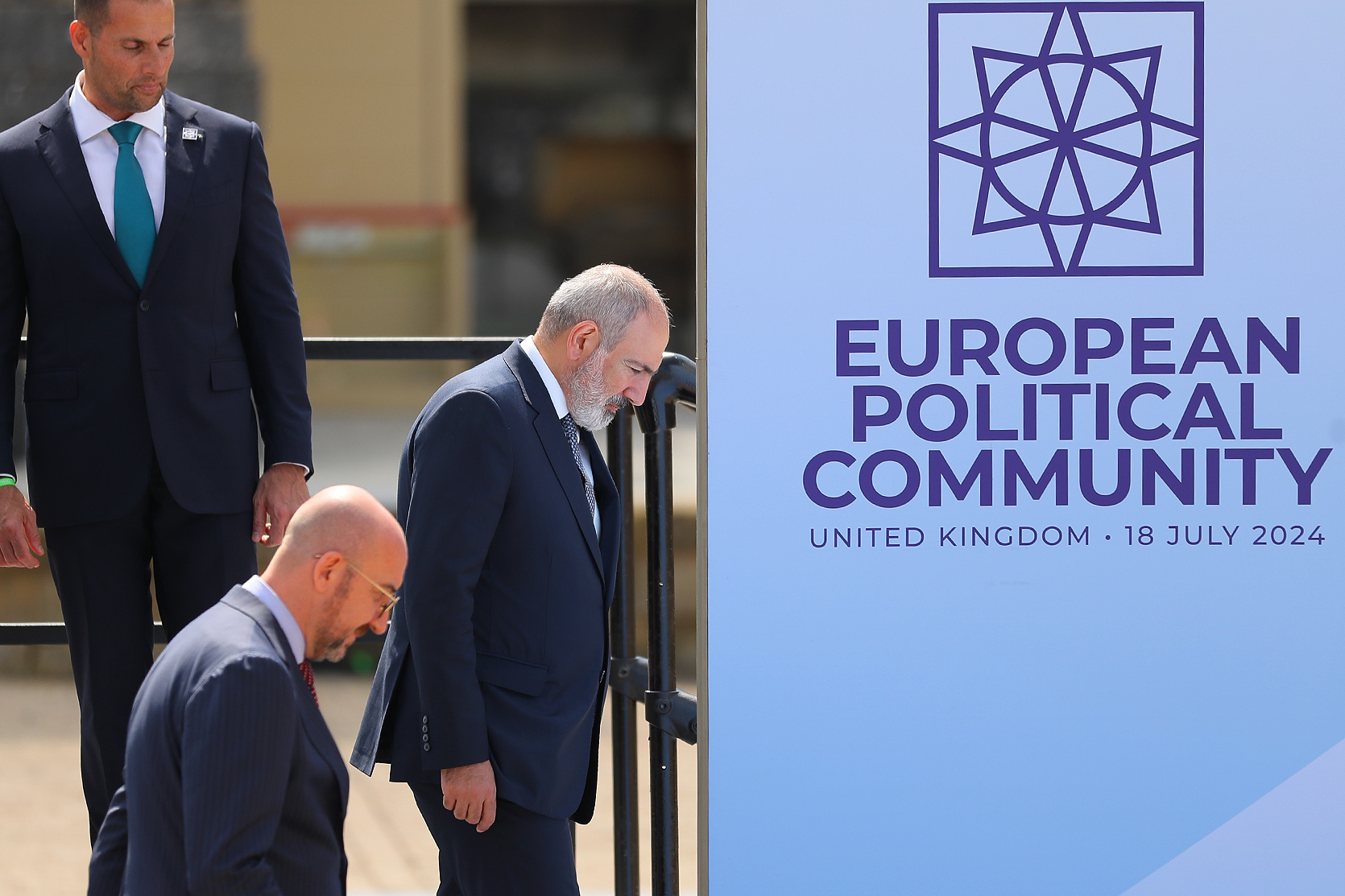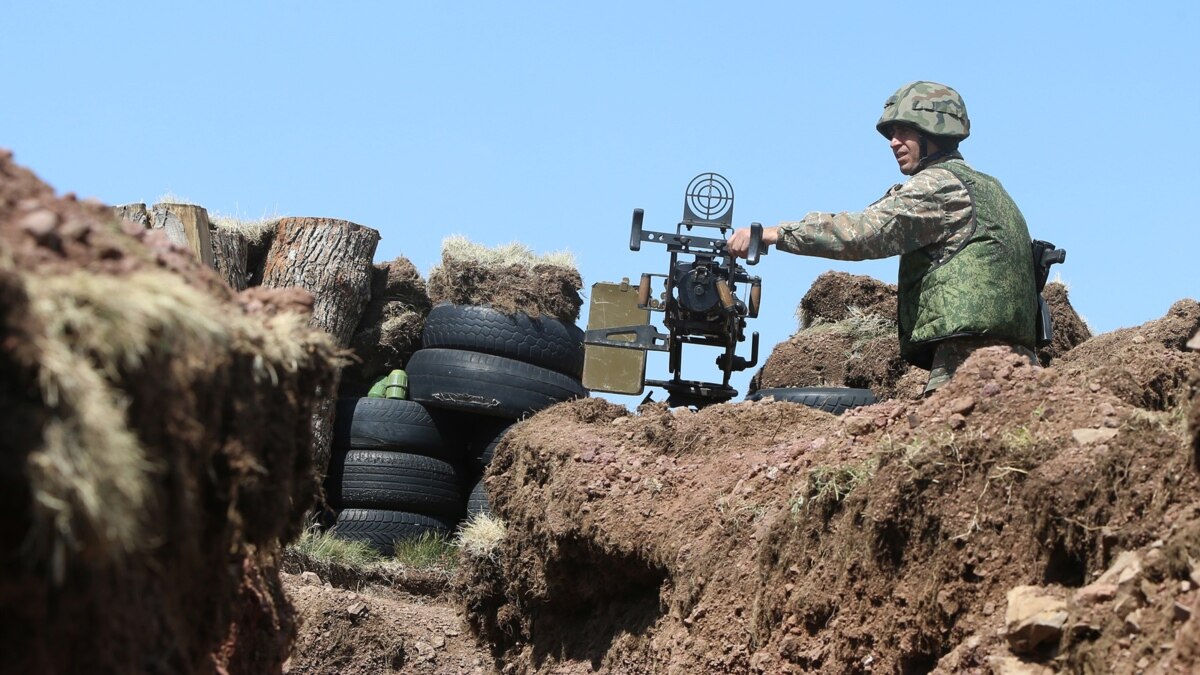Will Armenia accept the invitation to attend COP 29 in Baku? Opinion from Yerevan
Will Armenia attend COP 29?
Azerbaijan has extended an invitation to Armenia to attend the UN climate conference COP 29, which will take place in Baku this November. Hikmet Hajiyev, Assistant to the president of Azerbaijan, stated that this invitation represents Azerbaijan’s “goodwill and inclusive approach,” given the lack of official diplomatic relations between the two countries. The Armenian Ministry of Foreign Affairs has not yet responded, and it remains unclear whether Armenia will be represented at the event.
Political scientist Areg Kochinyan argues that the notion of “Baku’s goodwill” is misplaced, as the conference is not Azerbaijan’s exclusive domain and all UN member states should receive an invitation. He suggests that highlighting Armenia’s invitation may be intended to create an impression of Azerbaijan’s constructiveness. Kochinyan also speculates that if Armenia participates, Azerbaijan might seek to use the event to facilitate the signing of some document.
In December 2023, a joint statement from the Armenian prime minister’s office and the Azerbaijani president’s administration was released, expressing Armenia’s support for Azerbaijan’s bid to host COP 29 and withdrawing its own candidacy. The statement also mentioned Azerbaijan’s release of 32 Armenian prisoners of war and Armenia’s release of two Azerbaijani soldiers.
Speculation about Armenia’s possible participation in the Baku event began in June 2024. Media reports hinted at a possible visit by Nikol Pashinyan to Azerbaijan. However, prime minister’s spokesperson Nazeli Baghdasaryan confirmed that “such a visit is not planned.”
- Turkey’s position on Armenia-Azerbaijan peace agreement: a view from Yerevan
- “Armenia’s suicide” or interference in internal affairs? Commentary on the statement from Baku
- “Baku is unlikely to agree to the delimitation of the entire border.” An opinion from Yerevan
Invitation not addressed to Pashinyan?
“Mukhtar Babayev [Minister of Ecology and Natural Resources of Azerbaijan, president of COP29] sent the invitation letter to the Armenian Ministry of Foreign Affairs. We have extended an official invitation,” said Hikmet Hajiyev, Assistant to the president of Azerbaijan.
He stated that the Armenian government now needs to make a decision.
At the end of May, Elchin Amirbekov, the Azerbaijani president’s special envoy, mentioned that holding the conference could be a good opportunity for signing a peace treaty. However, now Baku is only discussing the alignment of basic principles and the signing of a framework agreement.
“Harmonizing these principles could establish friendly relations between the two countries,” announced the Azerbaijani president’s assistant.
There is a response, but it does not address the invitation
The Armenian Ministry of Foreign Affairs has yet to announce whether the minister will participate in the COP 29 conference. Press Secretary Ani Badalyan only promised journalists that information would be provided once a decision is made.
Instead of a response to the invitation, the Ministry of Foreign Affairs released a statement on their Facebook page addressing recent comments from the Azerbaijani Ministry of Defense. Baku has once again accused Armenia of violating the ceasefire regime. The Armenian government emphasizes that despite denials from Yerevan, “Azerbaijani sources continue such publications, seasoning them with geopolitical overtones.”
In this context, the prime minister’s office reminded:
- “of its proposal to establish a joint Armenian-Azerbaijani mechanism for investigating ceasefire violations and/or information about them,
- and reaffirmed the Armenian government’s commitment to a peaceful agenda within the framework of already reached public agreements.”
Comment
Political scientist Areg Kochinyan believes the main purpose behind Azerbaijan’s emphasized invitation to Armenia is to gain certain benefits. He explains that Azerbaijan is aiming to appear as the constructive party in the conflict in the eyes of the international community. Kochinyan also suggests that Baku may intend to use the event to organize the signing of some sort of Armenia-Azerbaijan document:
“This could be a framework agreement, an agreement to establish diplomatic relations. Of course, the best option would be a peace treaty. Perhaps they will sign a part of the treaty.”
Commenting on Azerbaijan’s proposal to agree on basic principles and preliminarily sign a framework document, the political scientist said that for Armenia, signing any document would be preferable. According to him, “it’s better than nothing.”
Kochinyan theoretically considers it possible that Armenia might be interested in signing a document in Baku. He highlights two important issues that would arise in this case. The first is the content of the document. The second is the return of Armenian prisoners of war held in Baku.
“It’s hard to imagine a representative Armenian delegation participating in the conference in Baku if Armenian prisoners of war are still being held there. A solution to this problem could be the participation of the Armenian delegation on the condition that they bring back Armenian prisoners of war from Baku,” he explained.
If a decision is made to go to Baku, the analyst believes that the content of the visit and its objectives are more important than the level of representation of Armenia.





















